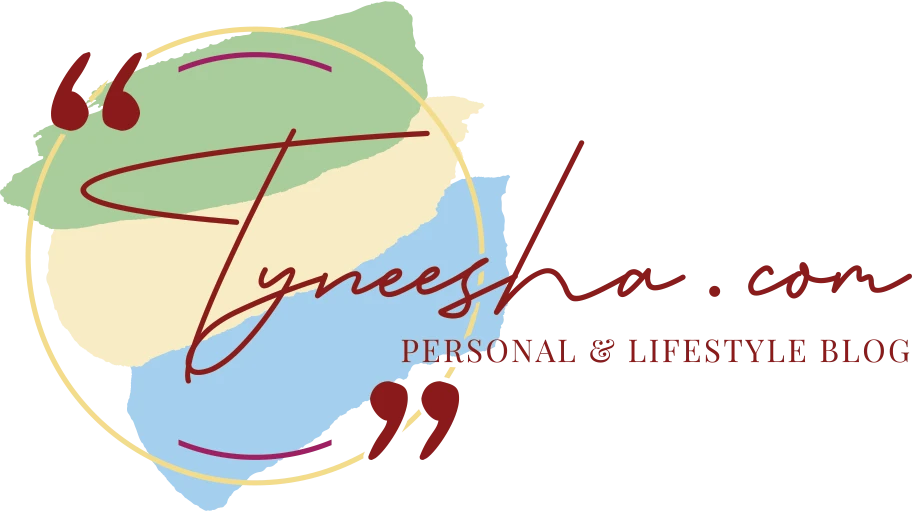25th October, 2024
Hello! Welcome to my BCM206 module two blog post. If you’d like some more context to this topic, feel free to check out my module one blog post.
The current state of the network
My first blog post covered the history of the rise of technology, now we look at the current state of the online network paradigm and its impact on ‘real life’.
Online technology permeates and affects every facet of daily life today – from our personal experiences to our education, our privacy, health implications and the economic, political and social society.
Technologies and phenomena such as closed-source social media ‘stacks‘, deep fake technology and information work mean that almost all of us exist in multiple planes. Global databases such as Google, Facebook, Amazon, Netflix and TikTok store information about our preferences, personalities, purchases and much much more.
“They don’t want much, those Stacks. Just your identity, your allegiance, and all of your data. Just to be your sole provider of messaging, media, merchandise, and metadata. Just to take part in as much of your online existence as they possibly can, and maybe to one day mediate your every interaction with the world around you, online or off.”
Evan, 2013
Even if you’re not on social media, it is entirely possible that Facebook has a profile of information that details your existence. We no longer enjoy complete privacy, and this excess of data given up to mass corporations has both horrifying and convenient implications.
“Cyberspace. A consensual hallucination experienced daily by billions of legitimate operators, in every nation. Lines of light ranged in the nonspace of the mind, clusters and constellations of data. Like city lights, receding…”
William Gibson, Neuromancer
Today’s economy functions through information work. This new network requires constant maintenance, and so we are (unfortunately) accustomed to availability. Our mental, physical and social health is affected by our addictions to our phones and our dependence on technology. We have shorter attention spans and constantly engage in the work of sorting data depending on which piece of the content overload we choose to pay our attention. In my last blog post, I spoke about the success of TikTok as a prime example of this.
Additionally, technology such as Internet of Things (IoT) and virtual reality continue to blend the lines between our online lives and our ‘real-world’ experiences. In a lot of ways, our technology removes us of our privacy, peace of mind and freedom of choice. This era of the internet and the way that it’s affected us so detrimentally aligns very closely to the terms of late stage capitalism.
What might be coming?
The internet as a political space cannot be denied, from Russian hacker’s interference with the 2016 election to our first glance of social revolution through technology in the wake of BLM. I suspect that social liberation will come at the cost of personal privacy. There and advantages and disadvantages of decentralisation, so it’ll be interesting in the future to see where the power sways as it continues to translate into ‘real-world’ scenerios.
“Information Wants To Be Free. Information also wants to be expensive. Information wants to be free because it has become so cheap to distribute, copy, and recombine—too cheap to meter. It wants to be expensive because it can be immeasurably valuable to the recipient. That tension will not go away. It leads to endless wrenching debate about price, copyright, ‘intellectual property’, the moral rightness of casual distribution, because each round of new devices makes the tension worse, not better.”
Stewart Brand1, 984
Despite socialist theory being written long before the development of the world wide web, decentralised resistance mechanisms within hacker culture and cryptocurrency are pushing toward major ecopolitical change. According to Lunceford (2006), “If technology is to revolutionize democratic practice, citizens must begin to use technology in revolutionary ways.”. Hackers/hacktivists aim to liberate information and remove it from it’s repressive ties to the centralised capitalist networks. The development of bitcoin has furthermore brought online economy closer towards a decentralised paradigm, so there are more and more technological dovelopments which challenge our current political paradigm.






